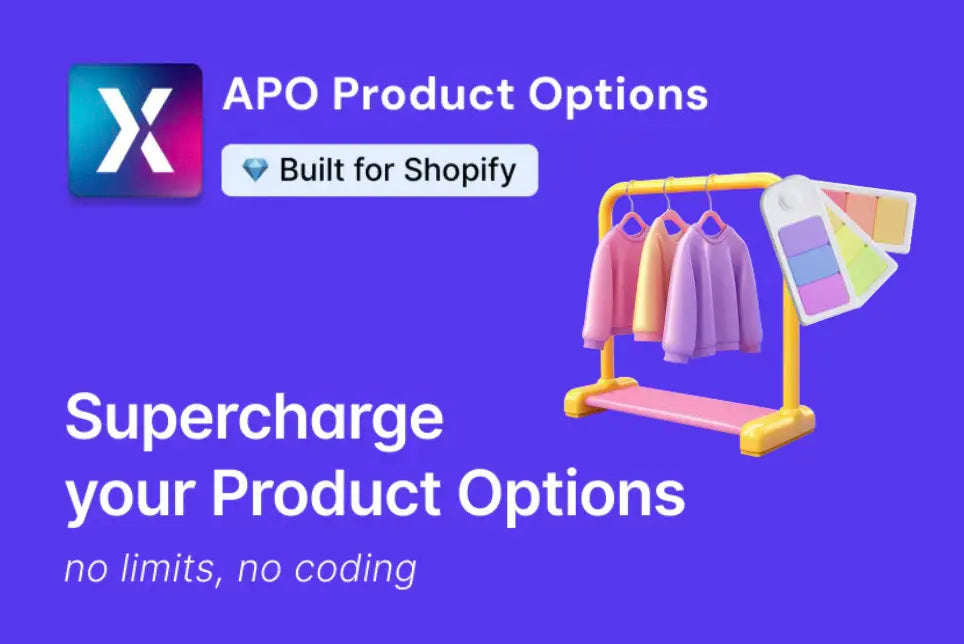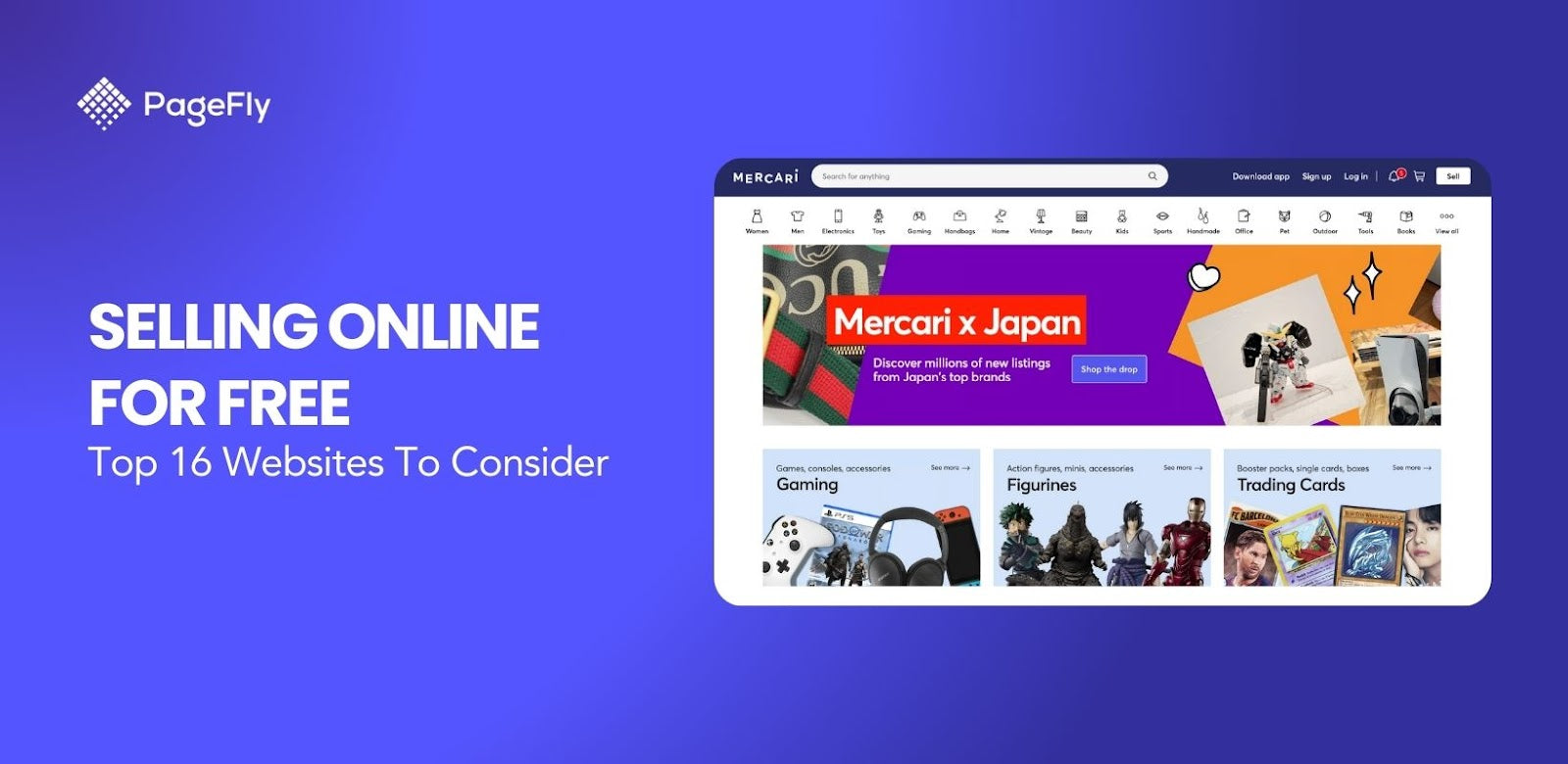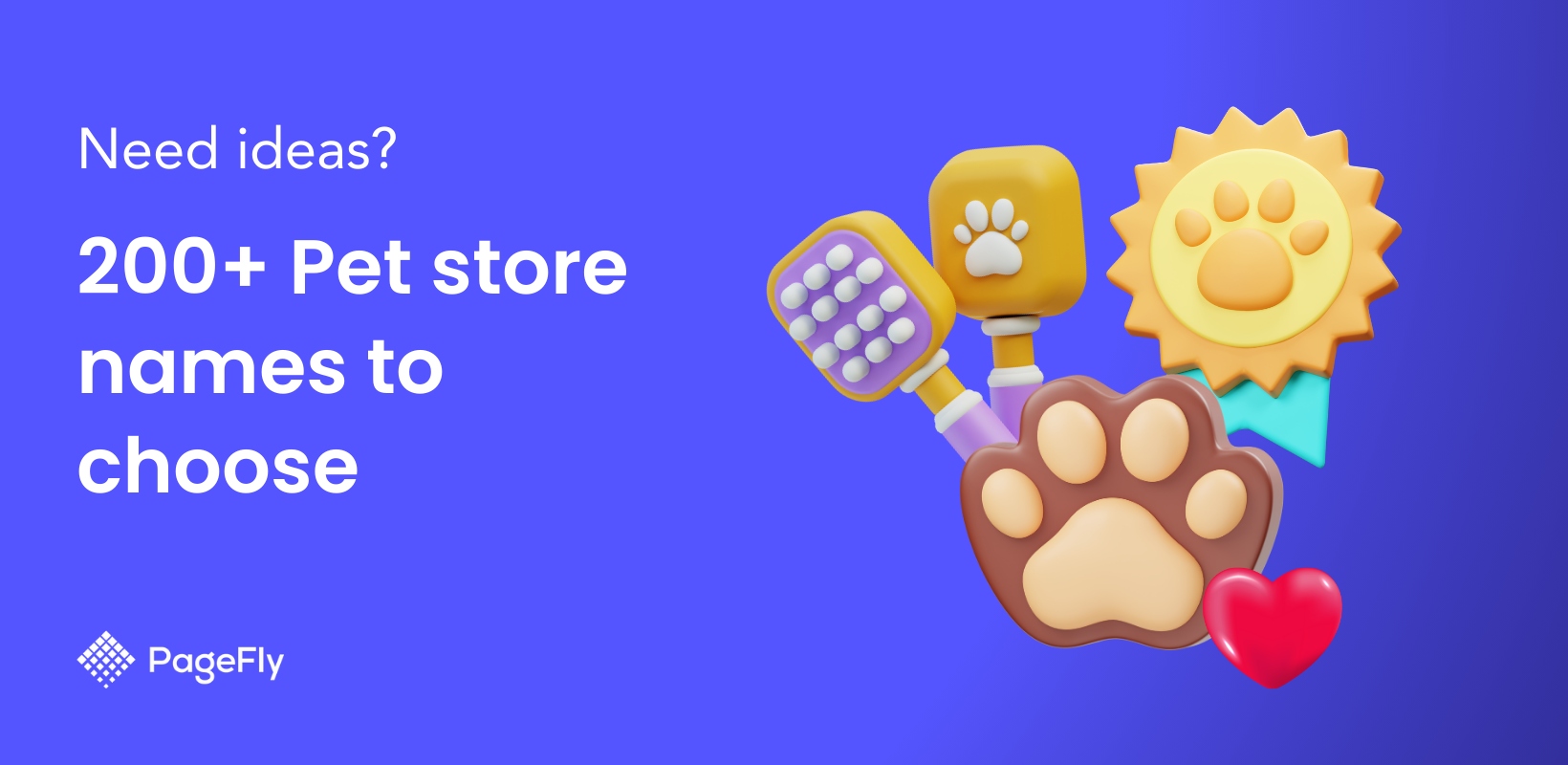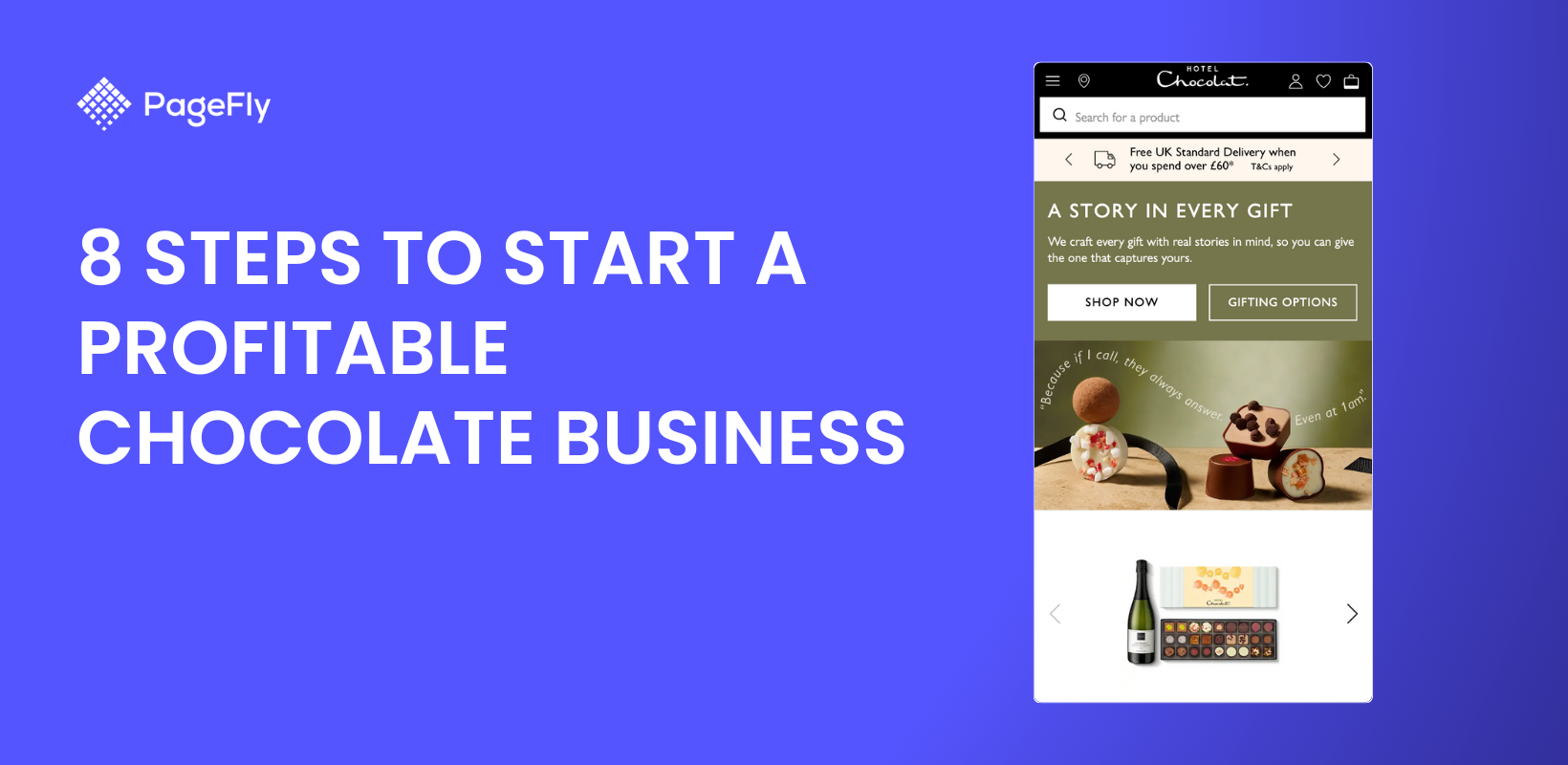The food industry generated $2.63 trillion in 2024, with small food businesses capturing an increasingly larger share. If you're looking to start a profitable food business in 2025, you're targeting the right market—specialty food businesses are seeing 15-20% annual growth, and many can be started with less than $5,000.
Based on our analysis of 500+ successful food entrepreneurs, the most profitable small food businesses in 2025 are specialty sauce production (60-70% profit margins), meal prep services (40-50% margins), and artisan baked goods (50-60% margins). These businesses can generate $5,000-$25,000 monthly within their first year.
Whether you're starting from your home kitchen under cottage food laws or planning a ghost kitchen operation, this guide provides 27 proven food business ideas with real startup costs, profit margins, and step-by-step launch strategies. We'll show you exactly which food businesses require the least investment, generate the highest returns, and can be started without prior culinary experience.
Quick Profitability Guide: Compare Food Business Ideas
| Food Business Type | Startup Cost | Monthly Revenue | Profit Margin | Time to Profit |
|---|---|---|---|---|
| Specialty Sauces | $2,000-$5,000 | $5,000-$15,000 | 60-70% | 3-6 months |
| Meal Prep Service | $5,000-$10,000 | $8,000-$25,000 | 40-50% | 4-8 months |
| Artisan Cookies | $1,000-$3,000 | $3,000-$8,000 | 50-60% | 2-4 months |
| Specialty Bakery | $3,000-$7,000 | $5,000-$20,000 | 50-60% | 3-6 months |
| Food Truck | $50,000-$100,000 | $20,000-$50,000 | 25-35% | 12-18 months |
| Jam & Preserves | $500-$2,000 | $2,000-$6,000 | 55-65% | 2-3 months |
| Catering Service | $5,000-$15,000 | $10,000-$30,000 | 35-45% | 6-9 months |
| Ghost Kitchen | $10,000-$30,000 | $15,000-$40,000 | 30-40% | 6-12 months |
| Spice Blends | $500-$1,500 | $2,000-$7,000 | 70-80% | 1-2 months |
| Coffee Roasting | $2,000-$5,000 | $4,000-$12,000 | 45-55% | 3-5 months |
💡 Pro Tip: Start with high-margin, low-investment businesses (sauces, spices, jams) to validate your concept before scaling to capital-intensive models like food trucks or ghost kitchens.
14 Profitable Small Food Business Ideas for 2025 (With Profit Data)
7 Trending Food Business Models for 2025
1. AI-Powered Personalized Nutrition Services
Combine food delivery with AI technology to create personalized meal plans based on DNA tests, health data, or fitness goals. Services like this are charging $150-$300 monthly with 70% profit margins since the AI handles most customization. Startup costs range from $10,000-$20,000, primarily for app development and initial inventory. Example: Factor75 sold for $300 million after focusing on personalized athletic nutrition.
2. Zero-Waste Food Products
Create foods specifically designed for sustainable, reusable, or edible packaging. With 73% of consumers willing to pay 20-30% premiums for eco-friendly options, this market is exploding. Start with $3,000-$8,000 focusing on products like sauce refill systems, edible wrappers, or foods in returnable glass containers. Monthly revenue potential reaches $10,000-$25,000 within year one.
3. Functional Food Subscriptions
Deliver monthly boxes of foods with specific health benefits: nootropics for brain health, adaptogens for stress, or probiotics for gut health. The functional food market reaches $279 billion in 2025. Subscription prices range from $49-$99 monthly with 45-55% margins. Customer lifetime value averages $800-$1,500. Initial investment: $5,000-$15,000.
4. Virtual Restaurant Brands (Ghost Kitchens)
Operate multiple delivery-only brands from one kitchen. Instead of one restaurant, run 3-5 different cuisines simultaneously. This model generates 3-5x traditional restaurant revenue with lower overhead. Setup costs: $15,000-$40,000. Monthly revenue: $30,000-$80,000 across all brands. Profit margins: 35-45%.
5. Pet Food Bakeries
The pet food industry hits $150 billion in 2025, with premium pet treats growing 15% annually. Create human-grade treats, birthday cakes, and subscription boxes for pets. Average order value: $35-$60 with 75% repeat purchase rates. Startup costs: $2,000-$5,000. Monthly revenue potential: $5,000-$15,000. Easier regulations than human food in most states.
6. Fermented Food Production
Kombucha, kimchi, kefir, and other fermented foods are experiencing 25% annual growth. Start small with $1,500-$4,000 producing one fermented product. Scale to $10,000-$30,000 monthly revenue within 18 months. Profit margins reach 50-60% due to low ingredient costs and premium pricing ($8-$15 per unit).
7. Cultural Fusion Cloud Brands
Create delivery-only fusion concepts like Korean-Mexican, Indian-Italian, or Japanese-Southern. These unique combinations go viral on social media, driving organic marketing. Launch costs: $8,000-$15,000 per brand. Revenue potential: $15,000-$35,000 monthly. Use TikTok food trends to identify winning combinations before competitors.
01. Coffee Shop
Coffee is the Kickstarter of the day for millions around the globe. With the market being expected to grow at a CAGR of 5.2% (Source: Statista) annually, it’s high time to hop into this industry.
Selling coffee online can be rewarding as it's less risky and quickly scalable.
People are getting more specific about their coffee needs, which has given rise to the success of various eCommerce stores.
You can take inspiration from the likes of KoffeKult - a premium coffee beans selling store, and start a region-specific store of your own.

Benefits
- You can start small
- You can reach out to people via social media platforms
Challenges
- Must maintain a robust supply chain to meet the demand when scaling your business
02. Ice Cream Parlor
Everyone loves ice cream. The global ice cream market is projected to reach a valuation of $122 bn by 2031 (source: alliedmarketresearch), making it one of the favorite desserts in the world.
So, if you love to play with crazy flavors and can serve delicious ice cream, you have a million-dollar business idea in your hands.
With limitless styles like gelato, frozen custard, and snow cream, there is always room for innovative menus.
Unique brands like Jeni’s have changed the game by serving delicious and healthy ice creams worldwide.

Benefits
- The ice cream market sector has an ever-increasing demand
- Can add a lot of SKUs to your menu when scaling your business
Challenges
- Can turn out to be a seasonal business
03. Food Truck Idea
If you’re a food lover with an entrepreneurial bug, food trucks are a great way to begin your journey.
With benefits like mobility and relatively lower investment, the food truck business has become increasingly popular in recent times and continues to grow at a CAGR of 6.8% from 2021 to 2028.
In addition to that, food trucks are a popular destination among millennials as they provide creative foods with a fun social experience.
Pro Tip: When setting up a food truck, try selling vegan/organic food. The Gen Z are more inclined to eating healthy food rather than junk food to avoid health issues.
Benefits
- Ability to reach customers wherever they are
- Chefs have the creative freedom to prepare the dishes
Challenges
- You will need multiple parking permits from the government
Food truck ideas from Pinterest
The core idea behind food trucks is to offer a mobile culinary experience that combines convenience with creativity. Unlike traditional restaurants, food trucks have the unique advantage of mobility, allowing them to reach a wider range of customers in various locations. This mobility also enables food truck owners to experiment with diverse and often niche culinary concepts, from fusion cuisines to specialized diets like vegan or gluten-free options. The essence of a successful food truck lies in its ability to offer something distinctive and appealing, whether it's through innovative recipes, themed decorations, or a specific type of cuisine that isn't readily available in the area.
The benefits of running a food truck are manifold. Firstly, compared to a traditional brick-and-mortar restaurant, the initial investment and ongoing operational costs are generally lower, making it a more accessible venture for many budding entrepreneurs. Additionally, the flexibility in location allows food truck owners to tap into different markets and customer bases, attending events, parks, and urban streets where their specific offerings are most in demand. This mobility also provides a platform for testing new food concepts with minimal risk. Furthermore, food trucks often cultivate a unique brand identity and community presence, creating a loyal customer base through personal interactions and a distinctive dining experience that can't be replicated in a conventional restaurant setting.
Source Images: Pinterest



04. Cooking Classes
If you’re a culinary wizard who wants to pass on the baton, then teaching how to cook can be a lucrative profession to explore.
Cooking has been on the rise since Covid-19. Especially when millennials are looking to hone their cooking skills.
Did you know that the global cooking class market is expected to grow at a CAGR of 18.9% from 2021-2029? That's huge!
You can hold virtual classes at home like Sur La Table and have a worldwide target audience.

Benefits
- An opportunity to pass on the learning and inspire people who are excited to improve their cooking skills
- Need very few resources to begin; making the business risk-free
Challenges
- The online calls can be tough sometimes to explain what you're exactly trying to say/show
05. Food Delivery Business
When it comes to eating habits, the world’s constantly evolving.
Social distancing norms and lockdown have given an enormous boost to the food delivery ecosystem, making them a preferred choice over restaurants.
Further, the food delivery business has become a booming market worth more than $150 billion (source: mckinsey).
Moving forward, you can also pick a niche food segment and start delivering like Papa Johns - a world-famous pizza joint.

Benefits
- Don't need to set up a restaurant; you can just open a cloud-kitchen and get on with selling food online
Challenges
- Need extraordinary management skills to handle deliveries with excellent efficiency
06. Bakery
Do you want your whisking adventures to satiate the hunger of people around? If yes, this is the right time to begin as a baking enthusiast and reach out to the world.
It has various options, including cookies, fresh bread, and low-fat pastry.
Food Tech startups like Milk Bar have satiated people's sweet tooth cravings, showing how you can run a successful bakery business.

Benefits
- There is a high demand for baked products with dietary restrictions, and if you can cash on that, you can build a brand over time
Challenges
- Inventory management is a widely known issue in this business
- Managing multiple orders at a time can be challenging
07. Jams & Jellies
Jams and jellies are among the most beloved condiments eaten worldwide for breakfast. And if you can make raving jams in unique flavors, there is a huge market open for you.
It’s an evergreen market predicted to reach around $9 billion by 2027 (source: globenewswire). You can also make jams with added health benefits to build your unique brand image and attract new customers.
Mr. Miller’s Homemade Jam is a store that makes finger-licking Jam and earns a fortune.

Benefits
- Low investment business as you can start from your house
- You can also start this as side hustle
Challenges
- Supply chain management is no joke in this business
08. Snacks
A great evening is incomplete without crunchy and tasty snacks.
Snack items go with everything, from coffee to beer; you need a side with everything. Unsurprisingly, the snack industry was valued at $1450bn in 2021 (source: grandviewresearch).
Nowadays, there's a growing demand for tasty and healthy snacks, and if you can provide both, you can make a lot of money.
Benefits
- Start small by making homemade fresh snack items and try selling them to local retailers
- There is a lack of innovation in this market; if you can capitalize on that, the game is yours.
Challenges
- Comparatively low margin from other food businesses
09. Catering
Catering is a service of providing food at a venue like hotels, ships, wedding functions, and more.
The food is delivered at the site or cooked at the live counter. There are various types of catering businesses like corporate caterers, wedding catering services, and independent caterers.
You have the flexibility to choose among these and then expand as you climb up the ladder. Yummy Corp is an Indonesia-based catering business delivering exceptional catering services.

Benefits
- You don't need to be a Michelin star restaurants chef to open a catering business (you can hire a team)
Read more - Shopify For Restaurants: Success Secrets Revealed (+5 Design Practices)
Challenges
- It can be overwhelming at times as there will be so much to manage apart from cooking
10. Personal Chef
If you organize a small house party but don’t want the hassles of cooking, you can go onto Google searching personal chefs near me.
Sites like TakeAChef lets you hire a pro to cook you meals anytime you want.

Many small-scale event organizers prefer personal chefs as they are less expensive than large catering companies and provide more personalized experiences in cooking.
Benefits
- Can be a highly profitable business when you cook for like a pro
- Gives you control over time; thus, you can decide when and where to work
Challenges
- Need to constantly learn and evolve as customer needs new and innovative things regularly
11. Cookies
People continuously crave a variety of delicious and crispy cookies, making it one of the most cost-effective businesses to start.
If you can satisfy people’s sugary obsession with your little baked secrets, you can create a very lucrative business in no time.
To begin with, you can choose a niche cookie segment like chocolate chip cookies, cookies with dietary restrictions, or coffee specials and specialize in any one of them.
Once you have started, you can easily promote your product on social media and gain potential customers. Maxine’s Heavenly is one cookie business to take inspiration from.

Benefits
- Cookies are an evergreen market meaning there will be ample demand any time of the year
- Pretty good margins
Challenges
- In a cookie business, packaging should be top-notch
12. On-The-Go Meals
Home-cooked tiffin services have been in great demand since the pandemic began. Students living alone in a city or small offices which do not have a big budget to hire a catering service might opt for homemade meals regularly.
They are constantly searching for nutritious meals at a reasonable price, and if you can deliver it at their doorsteps, you are on the verge of building something that can be profitable.
With minimum resources and no need for retail shops, it’s a perfect match for budding food-preneurs.
Startups like Order On the Go have disrupted this market by providing healthy and tasty food to your home.

Benefits
- No fancy cooking is required; you can start with basic culinary skills
Challenges
- Managing orders and delivery can be stressful at times
13. Cloud kitchen
With the pandemic outbreak, people began to prefer doorstep delivered food rather than having fine dining in a social setting.
A cloud kitchen is the only delivery store with no dine-in facility. Food can be ordered through apps and websites and gets delivered to your home.
Benefits
- Low operating costs
- No need to rent space
Challenges:
- Due to its complete online visibility, brand building can be a challenging task
14. Food Blogger
If you can take on an enlightening gastronomic tour with your cooking skills, you should try food blogging.
With the advent of new free blogging platforms, you can design your blog for free and start creating content for your audience today.
Blogging can be a full-time job, or you can work as a freelancer with complete control of your time. So, whether you want to share your eating experiences or you have discovered a new food outlet, starting a food blog can set you apart.
Pro chefs like Brandon Matzek run a food blog which earns them a fortune.

Benefits
- Blogs are a passive source of income that you can start almost free
- The power to reach a wide audience will give you popularity and respect
Challenges
- It takes a lot of patience to be a successful food blogger
Read more:
Food Business Profitability Analysis: Real Numbers and Expectations
Quick Profitability Comparison Table
| Business Type | Startup Cost | Monthly Revenue Potential | Profit Margin | Time to Profitability | Difficulty Level |
|---|---|---|---|---|---|
| Specialty Sauces | $2,000-$5,000 | $3,000-$15,000 | 60-70% | 3-6 months | Easy |
| Meal Prep Service | $5,000-$10,000 | $8,000-$25,000 | 40-50% | 4-8 months | Moderate |
| Cookie Business | $1,000-$3,000 | $2,000-$8,000 | 50-60% | 2-4 months | Easy |
| Food Truck | $50,000-$100,000 | $20,000-$50,000 | 25-35% | 12-18 months | Difficult |
| Ghost Kitchen | $10,000-$30,000 | $15,000-$40,000 | 30-40% | 6-12 months | Moderate |
| Specialty Bakery | $3,000-$7,000 | $5,000-$20,000 | 50-60% | 3-6 months | Moderate |
| Catering Service | $5,000-$15,000 | $10,000-$30,000 | 35-45% | 6-9 months | Moderate |
| Subscription Boxes | $5,000-$10,000 | $5,000-$25,000 | 30-40% | 6-12 months | Difficult |
Detailed Financial Breakdown by Business Model
High-Margin, Low-Investment Businesses (Best for Beginners)
Artisan Jam & Preserve Business
- Year 1 Revenue Potential: $20,000-$50,000
- Operating Costs: 30-40% of revenue
- Price per unit: $8-$15 per jar
- Units needed to break even: 40-60 per month
- Success example: "Sqirl" in LA started as a jam business, now a multi-million dollar brand
Specialty Spice Blends
- Year 1 Revenue Potential: $15,000-$40,000
- Operating Costs: 25-35% of revenue
- Price per unit: $10-$20 per blend
- Units needed to break even: 30-50 per month
- Success example: "Spiceology" started in a garage, sold for 8 figures
Medium Investment, Scalable Businesses
Meal Prep Service
- Year 1 Revenue Potential: $75,000-$200,000
- Client acquisition cost: $25-$50
- Average customer lifetime value: $1,200-$2,400
- Break-even point: 25-30 regular clients
- Scaling tip: Start with 10 clients, add 5-10 monthly
Specialty Dietary Bakery (Keto/Vegan/Gluten-Free)
- Year 1 Revenue Potential: $60,000-$150,000
- Premium pricing advantage: 30-50% above regular baked goods
- Average order value: $35-$60
- Repeat customer rate: 60-70% with subscription model
How To Start A Small Food Business
Starting a new business can be a daunting task for many. It requires incredible effort and planning combined with:
- Preparing a robust business plan
- Finding the product-market fit
- Exploring ways of marketing
- Developing brands and many more
So, to help you get started, here's a step-by-step guide you can follow:
Step 1: Finding the Right Product
Deciding your first product can be a little intimidating. There are many interesting food options out there people crave, but you can't do everything.
Firstly, you must choose what to sell. Ask yourself these questions to know what product to sell:
- Do I love what I’m about to offer?
- Who’s my target market?
- Do I have a proven record in what I sell?
Once you are ready with the idea, evaluation follows.
Step 2: Evaluation
Since you're going to invest a lot of time and energy into your venture, it's important to check the idea's potential.
And the best way to do that is feedback. But don’t make the mistake of running to everybody to get their suggestions.
Feedback from the right source is important. You can meet with potential customers and try taste testing. It can help to improve your product and understand the market better.
Step 3: Business Plan
Moving forward, it’s time to craft a detailed business plan.
A business plan is a written document that describes your objectives, finance channels, hiring, logistics, and other essential details.
It’s helpful to have your goals written somewhere. It provides clarity in thinking and strength in action.
Legal Requirements and Food Safety Compliance
Before launching your food business, understanding regulatory requirements is crucial for legal operation and customer safety.
Cottage Food Laws by Business Type
Most states allow certain food businesses to operate from home kitchens under "Cottage Food Laws." Here's what you can typically produce:
Allowed Under Most Cottage Food Laws:
- Baked goods (cookies, breads, cakes without cream filling)
- Jams, jellies, and fruit preserves
- Dried herbs, spice mixes, and tea blends
- Candies and confections
- Granola, popcorn, and dried fruits
- Honey and maple syrup
Usually Requires Commercial Kitchen:
- Meat products and jerky
- Dairy-based items (cheesecakes, ice cream)
- Fermented foods (kombucha, kimchi)
- Meal prep with proteins
- Anything requiring refrigeration
State-Specific Revenue Caps (2025 Update):
- California: $75,000 annual limit (Class A), unlimited with Class B permit
- Texas: $50,000 annual limit
- Florida: $250,000 annual limit
- New York: Home processing requires license, no revenue cap
- Illinois: $1,000 monthly limit
Essential Food Safety Certifications
ServSafe Food Handler Certification ($15-$25)
- Required for all food workers
- Online course: 2-3 hours
- Valid for 2-3 years
ServSafe Manager Certification ($150-$200)
- At least one person needs this
- 8-hour course plus exam
- Valid for 5 years
HACCP Certification (for scaling businesses)
- Required for wholesale and larger operations
- Cost: $300-$500
- Demonstrates systematic food safety approach
Insurance Requirements
Protect your business with appropriate coverage:
General Liability Insurance: $500-$1,500/year
- Covers customer injuries and property damage
- Most venues require $1-2 million coverage
Product Liability Insurance: $500-$3,000/year
- Essential for food businesses
- Covers illness from your products
Commercial Auto Insurance: $1,200-$2,400/year
- Required if delivering food
- Personal auto policies don't cover business use
Health Department Inspection Checklist
Prepare for inspections with these requirements:
✓ Proper hand-washing stations
✓ Food storage at correct temperatures (below 40°F or above 140°F)
✓ Labeled and dated food containers
✓ Pest control measures
✓ Proper ventilation
✓ Non-porous food preparation surfaces
✓ Thermometers in all refrigerators
✓ First aid kit and fire extinguisher
Step 4: Building brand
Building a brand creates customer loyalty. It’s the story you tell about yourself to your customers. It involves an array of factors, but one of the first things that reaches your customers will be the brand’s name.
The more authentic you sound, the more you attract customers.
It's important to note that consumers are more attracted to brands sharing their beliefs. It's like the cover of your book, and it must depict something of value.
Step 5: Build Your Food Business on Shopify - Essential Tools and Apps
Setting up your food business on Shopify requires specific tools to handle the unique challenges of selling food online. Here's your complete setup guide:
Essential Shopify Apps for Food Businesses
Inventory and Expiration Management
- Freshly - Expiry Date Manager (Free-$9.99/month)
- Track expiration dates automatically
- Send alerts before products expire
- Perfect for: Bakeries, meal prep, perishables
Subscription and Recurring Orders
- Recharge Subscriptions ($99-$299/month)
- Essential for meal prep and subscription boxes
- Increases customer LTV by 3-4x
- Integrates with email marketing
Local Delivery and Pickup
- Store Pickup + Delivery (Free-$29.99/month)
- Schedule pickups and local delivery windows
- Reduce delivery costs by 50-70%
- Show real-time availability
Food-Specific Features to Enable
1. Multi-Location Inventory (Shopify POS Pro)
Perfect for businesses selling both online and at farmers markets
- Track inventory across locations
- Prevent overselling perishables
- Price: $89/month per location
2. Shopify Email for Food Marketing
- Pre-built templates for menu updates
- Automated campaigns for seasonal items
- Free for up to 10,000 emails/month
3. Shopify Markets for Wholesale
- Separate wholesale pricing for restaurants
- B2B customer accounts
- Minimum order quantities
Food Photography and Merchandising
Your food needs to look irresistible online. Use these Shopify-compatible tools:
- Photoroom (Free-$9.99/month) - Remove backgrounds, create lifestyle shots
- Canva Integration - Design menus and promotional materials
- Shopify AR - Let customers see actual product sizes
Conversion Optimization for Food Stores
Food businesses see 40% higher conversion with these features:
Nutritional Information Display
- Use metafields for allergens, calories, ingredients
- Apps: "Custom Fields" or "Metafields Guru"
Bundle Building
- "Build a Box" experiences for variety packs
- App recommendation: "Bundler - Product Bundles"
Urgency Creation
- "Only 5 portions left for tomorrow"
- App: "Countdown Timer Bar"
Payment and Checkout Optimization
- Shop Pay Installments - Increases average order by 30%
- Local Payment Methods - Accept SNAP/EBT where applicable
- Tipping Feature - Add gratuity option (increases revenue 8-12%)
Shipping and Fulfillment for Food
Configure these Shopify settings for food delivery:
- Shipping Profiles - Different rates for frozen vs. shelf-stable
- Delivery Zones - Limit perishables to specific zip codes
- Order Cutoff Times - Set deadlines for next-day delivery
- Temperature-Controlled Shipping - Integrate with FedEx/UPS for cold chain
Recommended Shopify Plan for Food Businesses
- Starting Out (Under $5K/month): Basic Shopify ($29/month)
- Growing (Up to $50K/month): Shopify ($79/month) + POS Pro
- Scaling ($50K+/month): Advanced Shopify ($299/month)
- Multi-location/Wholesale: Shopify Plus ($2,000+/month)
Quick Launch Checklist
✓ Install food-specific apps (expiry tracking, subscriptions)
✓ Set up local delivery zones
✓ Configure tax settings for food items
✓ Add nutritional information metafields
✓ Enable customer accounts for repeat orders
✓ Set up email automation for order confirmations
✓ Install reviews app (builds trust for food purchases)
✓ Configure inventory tracking for perishables

Step 6: Let's Sell
Once you have set up your shop, it’s time to bring in customers.
There are two ways to do that:
- Organically: It can use blog posts, Facebook updates, or Instagram posts to engage your audience
- Ads: Run PPC campaigns with a set target audience
Pro Tip: Apart from these two conventional methods, you can also bet on social media influencers to bring you, customers, by promoting your brand.
Wrapping Up
It’s always good to earn money while doing what you love to do. For enthusiastic food-preneurs and chefs, there is a lot to be explored.
The myths of brick and mortar have been shattered and replaced by customized eCommerce stores.
Now is the time to turn your dreams into vegan sandwiches, ice creams, or a fast food restaurant online. The world is wide open for you to try and test new things.
You can begin today no matter wherever you are with whatever you have and build your unique identity with what you serve on the plate.
Small Food Business Ideas FAQ
- Home-based businesses like jam making or cookie decorating require $500-$2,500
- Meal prep services and specialty bakeries need $2,500-$10,000
- Food trucks and ghost kitchens require $25,000-$100,000
Essential costs include business licensing ($50-$500), food handler certification ($10-$50), initial inventory ($200-$1,000), and basic equipment ($500-$2,000).





![14 Profitable Small Food Business Ideas for 2025 [Real Numbers]](http://pagefly.io/cdn/shop/articles/1_58b587d2-13db-4aa6-8c19-e40f5c88d3eb.jpg?v=1758255771&width=4460)



![Art Business Names: 350+ Ideas + Free Generator [2025 Updated]](http://pagefly.io/cdn/shop/articles/art_business_name_e94a54e9-d325-4ba3-94ab-7b4297952312.png?v=1760062968&width=1640)







